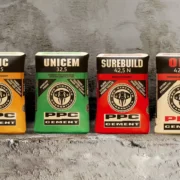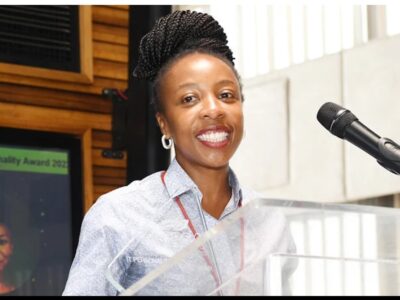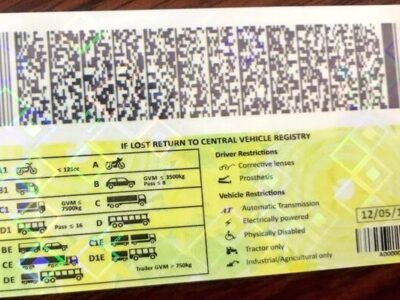Matatalab has exceeded its funding target of $50 000 to $81 603 to create new hands-on coding robot for kindergarten children.
Dennis from MatataLab said they achieved its funding goal with a day upon soliciting for funds.
“It launched on Kickstarter just two weeks ago and achieved its funding goal within a day, and when you check out their page it’s clear that it’s not just a simple toy that kids will get bored with quickly, it does so much more, play or create music and drawing.
It’s also compatible with lego figures so it’s also a great way to work with toys they already have,” he said.
The robot is for kids aged four to nine.
About Matatalab
MatataLab, the story begins from we four co-founders happens to know each other in the robotics industry, facing our own children entering kindergarten age, and we always dream of combining our passion with our children’s education.
That’s why we designed MatataLab, hands-on coding robot set, make coding easy, fun and inspire creativity. And since we are designing this product for our children, we strive for excellence in every detail.

Why starts ages four?
Around age four the brain lays the groundwork for the development of logic. While there are already many educational robot toys on the market, few of them focus on a crucial stage of brain development. So why don’t we just try it out?
Why hands-on coding?
We know kids naturally play and learn by using their hands, building stuff and doing things together. This is essential, and it reminds us of tangible programming which makes code physical, so kids can play with it. With simple logical games, plus a robot to make it fun and give instant feedback, coding is not necessarily to be difficult.
Starting young and equipped with the understanding of fundamental concepts, children at a later age will be able to grasp more abstract concepts of real programming at school and can learn without fear.












Comments